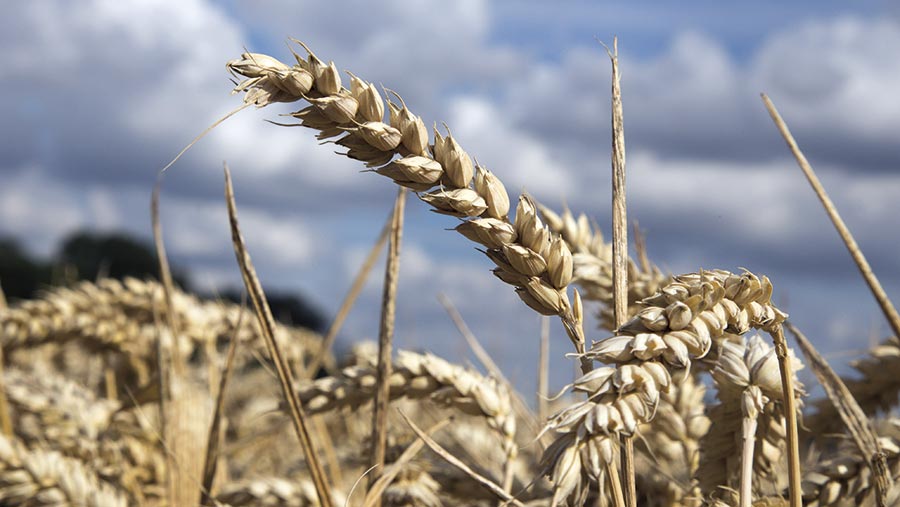Opinion: Will any enterprise make a profit post Brexit?
 © Tim Scrivener
© Tim Scrivener As we edge blindly towards Brexit (now less than the gestation period of a cow away), farmers have no clearer idea of what to expect from a post-CAP farm policy than we did when the result of the EU referendum was announced two years ago.
Defra secretary Michael Gove (presumably confined to deciding farm policy in England, but no one even knows that – including him), is still mulling over the results of the public consultation on his “Health and Harmony” command paper.
See also: Unity is only way to ensure ‘health and harmony’ after Brexit
This was remarkably high on rhetoric and ambition, and won him plaudits far and wide (beyond farmers), to the point where his political rehabilitation is now complete.
But it was also remarkably light on proposed policy detail, except for how to cap larger BPS payments (and even that has now been abandoned).
For my own farm, this lack of clarity in future farm policy is starting to create serious difficulties. My sheep flock is my main enterprise.
But with lamb thought to be the most economically exposed of any UK food export to the consequences of a no-deal “hard Brexit” – almost 40% of UK lamb production goes to France and Belgium alone – is it sensible to put all 1,000 female sheep of breeding age currently on my farm to the tup this autumn?
All lamb entering the EU from outside the single market pays a tariff of £2,800/t.
If, from the beginning of April next year, UK sheepmeat faces that tariff before it can gain access to the internal market, it is estimated that the UK farmgate price for lamb could halve.
On the face of it, decisions about the future of my suckler beef herd are a bit less pressing, given that the UK imports nearly half the beef it eats.
But, while we might not need to export any beef, what will happen to the tariffs that keep out cheap beef from the developing world?
I’m still haunted by a conversation I had with a local East Sussex beef processor when beef subsidies were decoupled from production in 2005.
I quipped that, with my suckler cow premium now gone, he would have to pay me the full cost of producing beef – otherwise I would get rid of my herd.
He replied: “Go ahead, Stephen. I bought prime cow beef to fill our pies this morning from Buenos Aires for 90p/kg”.
The tariffs the EU currently has in place are thought to roughly double the cost of beef to EU consumers.
That leaves my arable farm. Once again, the picture is highly uncertain. EU trade agreements, import quotas and tariffs all significantly support the ex-farm price of combinable crops for UK farmers.
Can I rely on the likes of trade secretary Liam Fox to keep all that in place from next March as he roams the world looking for trade agreements?
As I consider next year’s cropping, I don’t have a clue what the ex-farm price of peas, beans, malting barley, wheat or oilseed rape will be.
So, what to do? Carry on as usual or start to limit my exposure to food production post Brexit by selling young breeding stock and leaving the seed drill in the shed? Probably the former, but what a farce Brexit has become.
